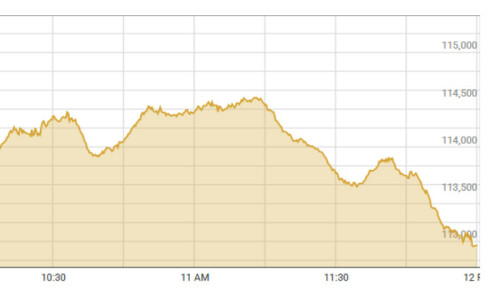WASHINGTON: US blacks continue to get inferior cancer treatment compared to whites, researchers said on Monday in a study showing that disparities first documented in the early 1990s persist despite efforts to erase them.
The researchers assessed the type of treatment given to more than 143,000 Americans over age 65 for lung, breast, colon, rectal and prostate cancer from 1992 to 2002 under the Medicare government health insurance programme.
Black patients were consistently less likely than whites to receive the recommended types of treatment, the study found, and the problem was just as bad in 2002 as in 1992.
The findings were published in the journal Cancer, published by the American Cancer Society.
“What we found was that the racial disparities did not change during that 10-year time interval,” Dr. Cary Gross of the Yale University School of Medicine in New Haven, Connecticut, who led the study, said in a telephone interview.
The reasons for racial disparities in cancer care and many other areas of health care in the United States remain a contentious issue that touches on the question of whether outright racism exists in the US medical system.
“This sort of thing has been a problem in the United States for a long, long time,” Dr. Otis Brawley, chief medical officer of the American Cancer Society, said.
Among patients with early-stage lung cancer, blacks were 19 per cent less likely than whites to get surgical removal of the tumor.
Blacks with rectal cancer were 27 per cent less likely to get additional chemotherapy to get rid of any remaining cancer cells after surgical removal of a tumor. And blacks with colon cancer were 24 per cent less likely to get such chemotherapy.
Among breast cancer patients who had a lumpectomy, black women were 7 per cent less likely than whites to get radiation therapy. And black men diagnosed with prostate cancer were 11 per cent less likely to get surgical or radiation treatment.
“It documents the inequities in our society more so than documenting racism among individual providers,” Gross said.
Gross cited other possible factors, including blacks having less access to quality care due to socioeconomic and other reasons, some blacks being more likely to have other chronic medical conditions like diabetes that could complicate cancer therapy, and blacks perhaps being less trusting of the medical establishment.—Reuters














































Dear visitor, the comments section is undergoing an overhaul and will return soon.